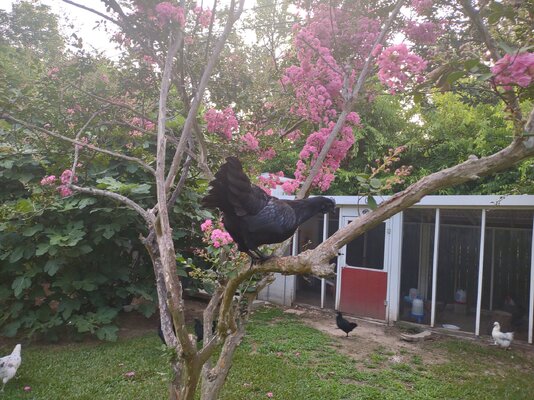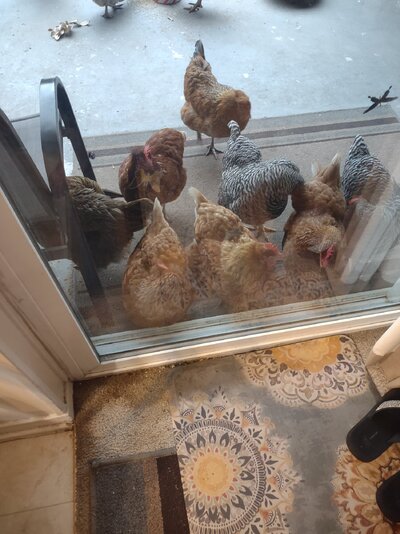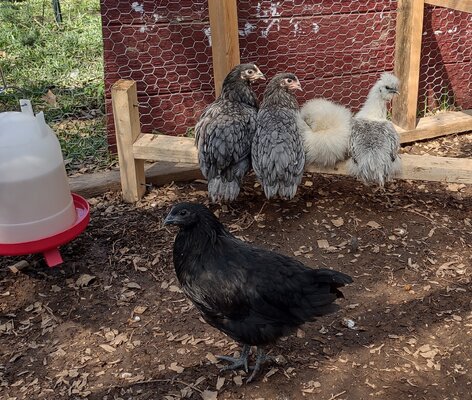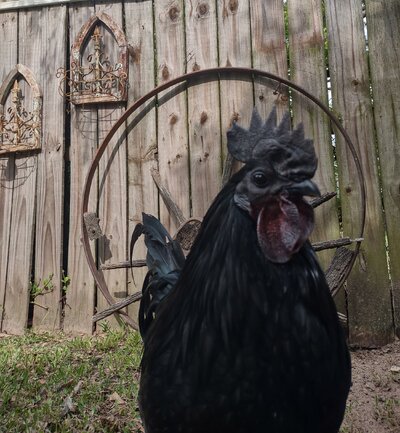EddieSalita
Songster
Question: Is there any way to raise the protein level of 16% layer pellets? I bought some in bulk and now must feed it out before I can afford to switch to an all flock or 20 % feed.
There is nothing particularly wrong with 16% for a while. Sure more may be better. But 16% isn't groundbreakingly deficient.










